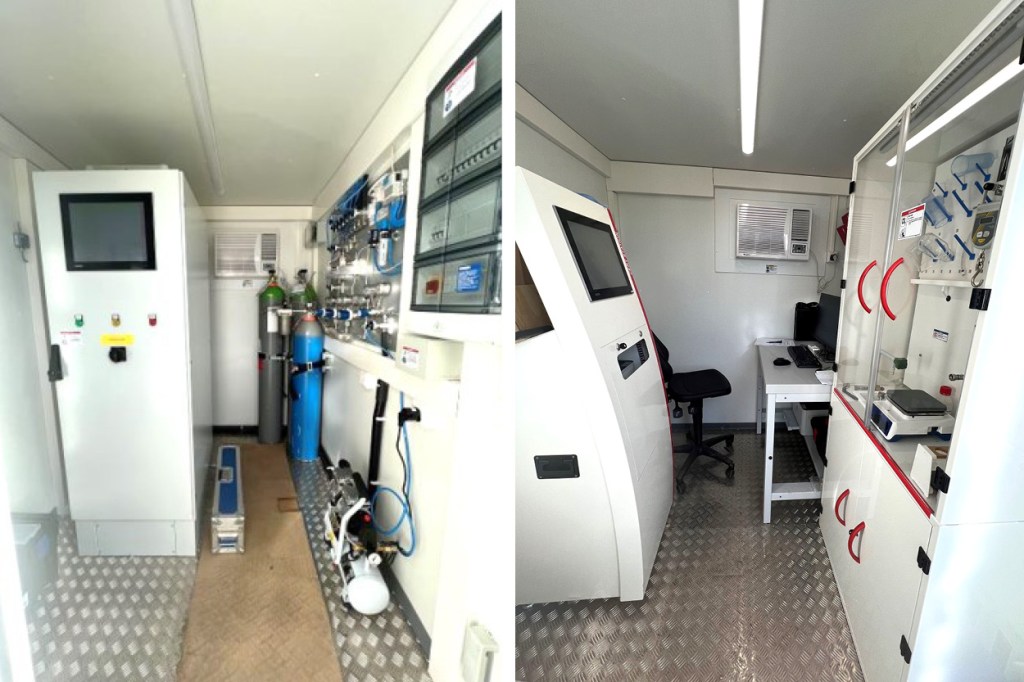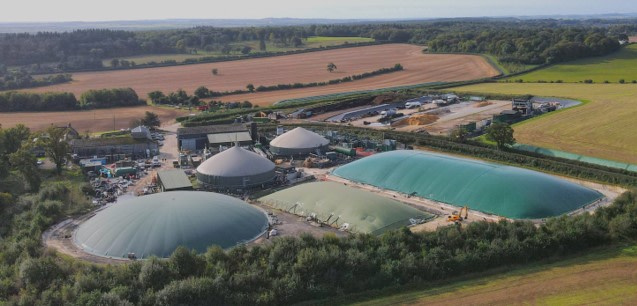Apsley Farms is a large Anaerobic Digestion plant in Andover producing bulk liquid CO2. The Farm now offers Co2 testing using the Uni Sensor Carboscan, a state-of-the-art automated laboratory.
The Uni Sensor Carboscan is a factory-calibrated system for the online process monitoring of CO2 gas, ensuring end-to-end quality assurance. Uni Sensor uses the method of optical absorption spectroscopy to identify contaminants, along with its own integrated compartment which performs the different sensory tests (which can only be carried out by a human) including odour, taste, clarity and oil.
When the test is completed a Certificate of Analysis will be issued.
We offer CO2 testing services to any commercial operation
The Carboscan system allows for the provision of CO2 testing services 24/7 onsite at the Farm, If you are in need of a Certificate our laboratory will take 45 minutes to to complete the test.. You can arrive in a car or lorry, borrow a 6kg canister or we can test directly from your lorry. If you don’t have transport we can organise a courier return service for the canister.
Click here to book an appointment or call 01264 554455


Apsley Farms produces 30 tonnes, 365 days a year of certified food-grade liquid carbon dioxide. We also have the storage capacity for 150 tonnes; this ensures a regular and safe supply to our customers. Over the past 5 years we have produced over 40,000 tonnes of certified food grade CO2. We operate our tankers throughout the UK for the transportation and delivery of CO2 direct into customers operations.
Our sustainable CO2 is ISO accredited to ISO 9001:2015 Quality Management System and ISO 14001:2015 Environmental Management System for the production, supply, transportation and delivery of carbon dioxide liquid. Click here to find out more or call 01264 554455
Sustainability and efficiency are at the heart of everything we do at Apsley Farms

We’ve adopted cutting edge technologies to convert low-value crops into renewable energy. We’ve focused on a circular economy by returning the nutrients in our digestate products back into the land as a fertiliser.
Our process of generating green gas and other important by-products ticks three important boxes: it displaces natural gas (fossil fuel) in the gas grid to heat people’s homes; in addition it displaces CO2 made by the fertiliser industry which is essential in the food industry; and also generates natural fertiliser in the process!
